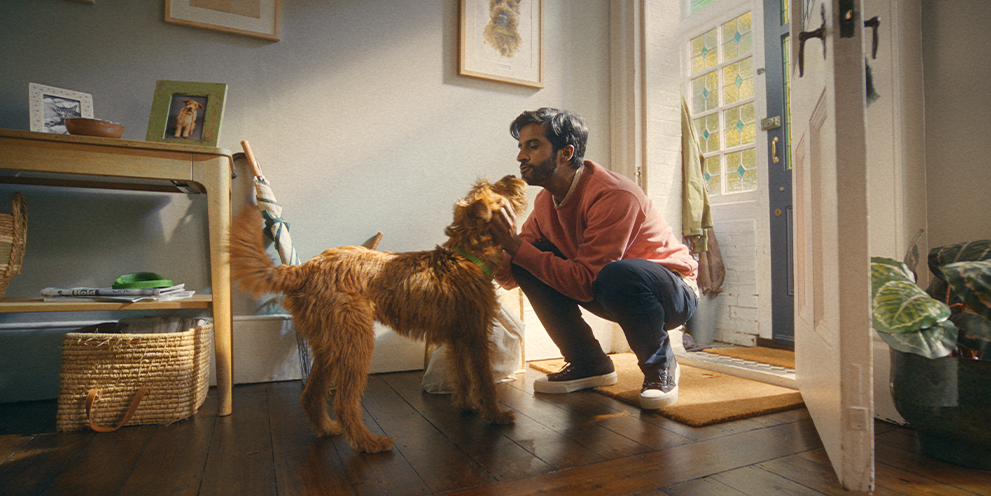
Because life is more than insurance
Do you have a policy with us?
Get help with an existing policy or find out how to get in touch
Get a quote or explore our products
Cost of living support
Worried about your insurance payments? Please do get in touch with us if you're struggling to pay your premiums. We'll do our very best to help you.
Learn how we can support you